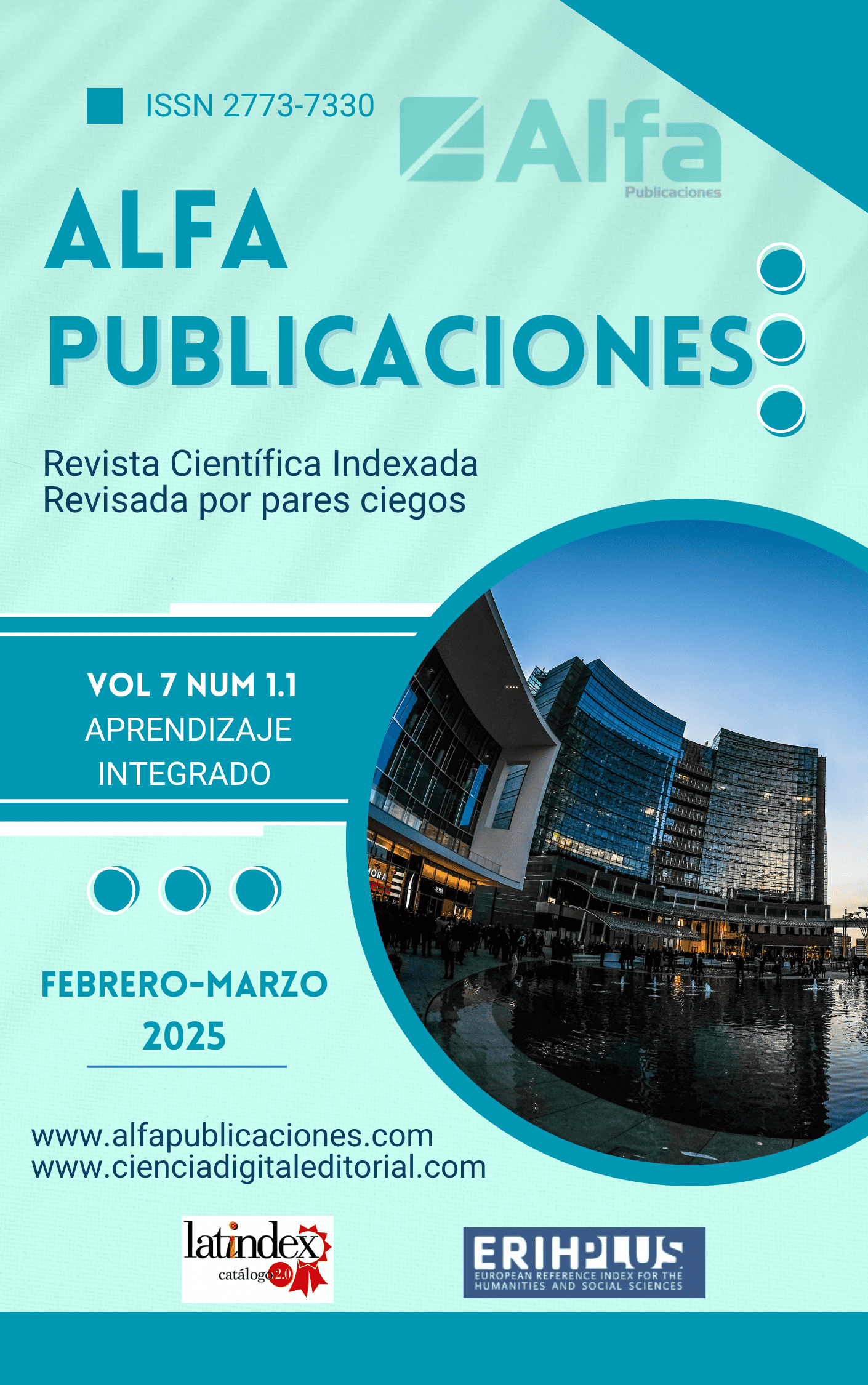Assessment of intellectual capital in companies that manufacture food and supplements for farm animals and pets in the province of Tungurahua
Main Article Content
Abstract
Introduction. In recent years, modern organizations have faced significant challenges, since measuring and reflecting intangible assets in their financial statements is a challenge, which is why it is one of the most complex areas of accounting. Objective. The objective of this research is to assess intellectual capital as an intangible asset and its impact on the profitability of companies that manufacture food and supplements for farm animals and pets in the province of Tungurahua. Methodology. The methodology included, in the first instance, a bibliographic review, the analysis of the strengths and weaknesses of the application of IAS 38 in companies in the sector and the application of the VAIC model for the measurement of intellectual capital in the sector of study. Results. The processed data reflected that there is a positive correlation between the level of recognition of intellectual capital and the profitability of the companies analyzed. It is necessary to highlight that the entities under study show the implementation of specific strategic plans to improve the management and quantification of their intellectual capital, which translates into a substantial increase in profit margins. Conclusion. The study highlights the importance of properly recognizing and managing intellectual capital in companies in the food and animal supplements sector in the province of Tungurahua. Those companies that stand out in this recognition tend to have better financial performance, evidenced by a higher return on equity (ROE) and a considerable Value Added of Intellectual Capital (VAIC). General study area: Accounting and Auditing. Specific study area: Intangible assets. Type of study: Original article.
Downloads
Article Details
dssfdsf
dsfdsf

